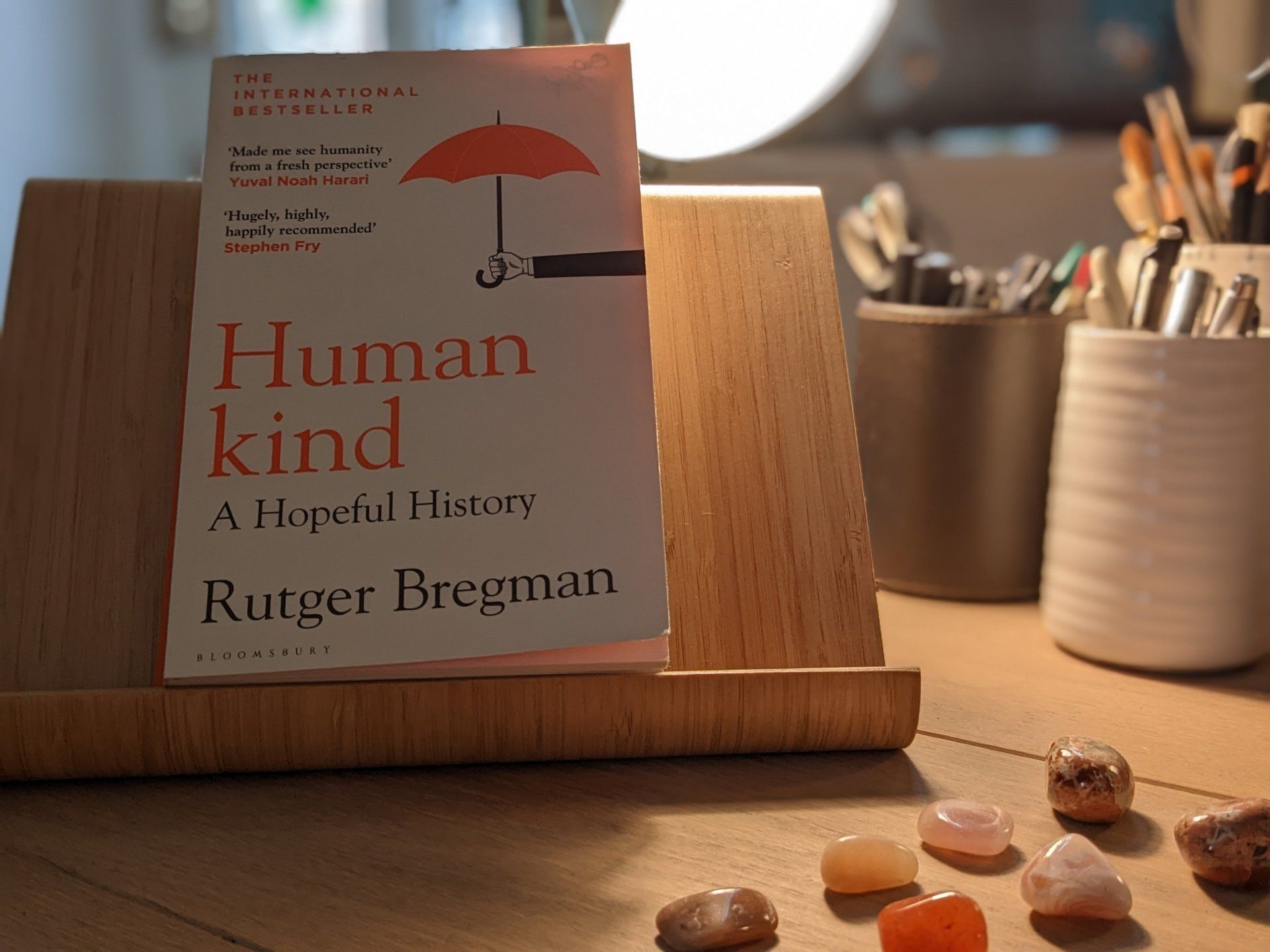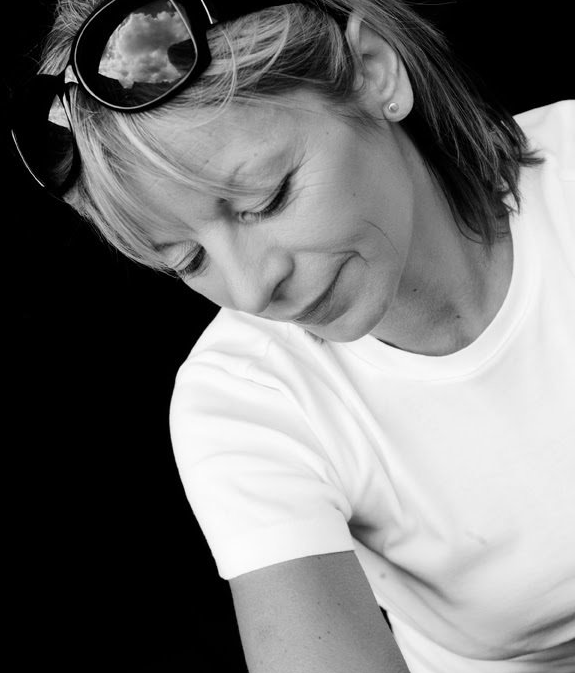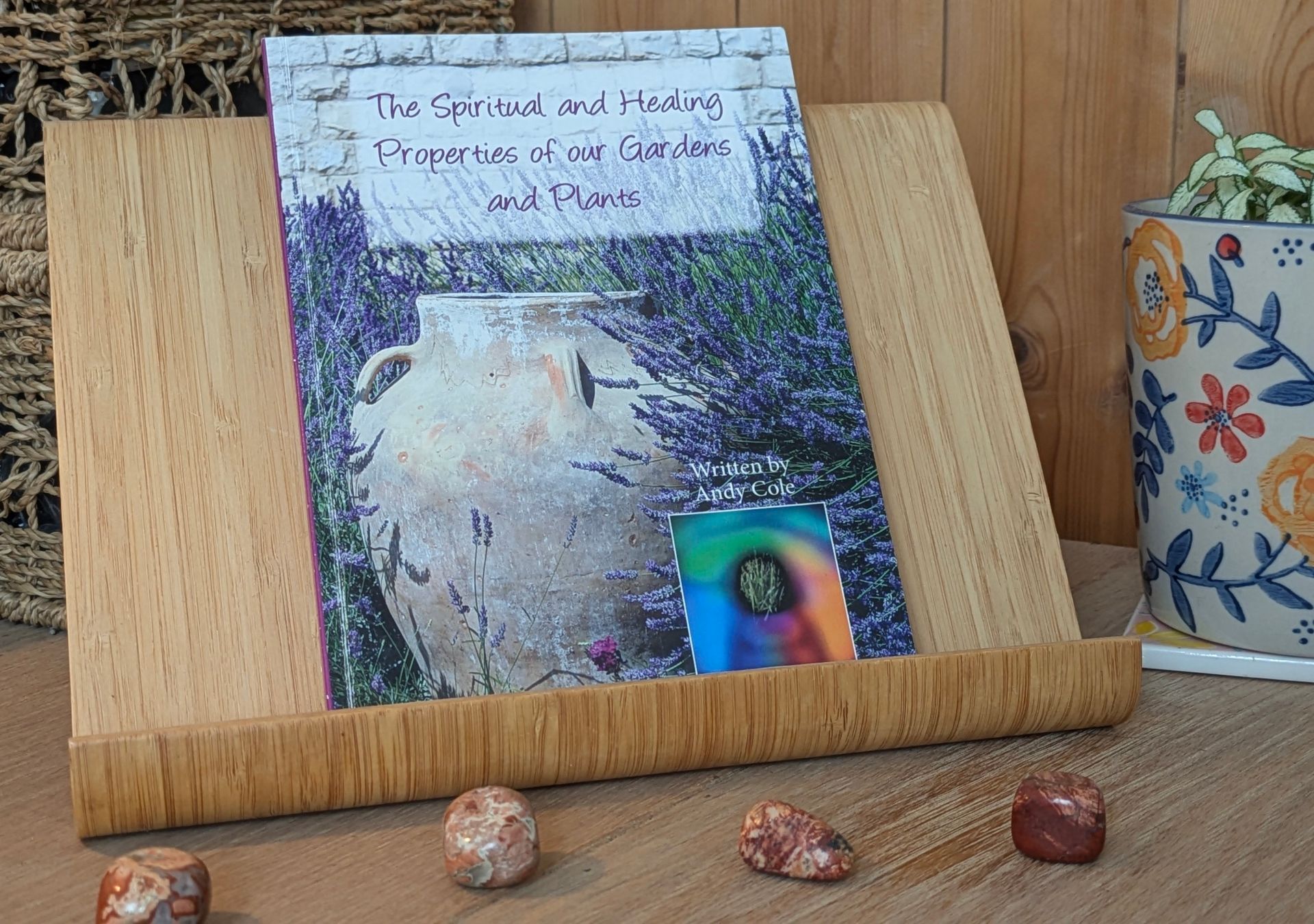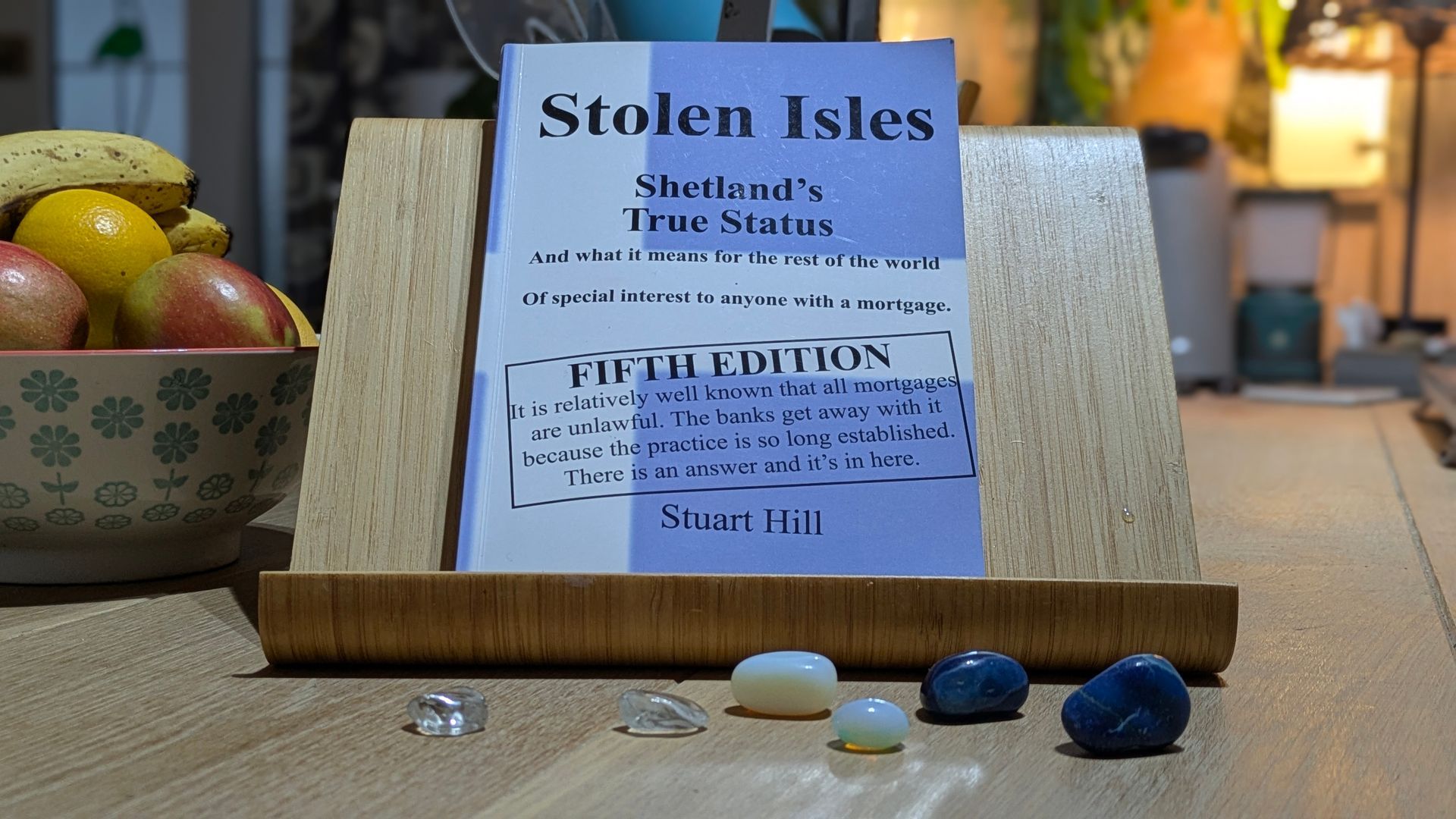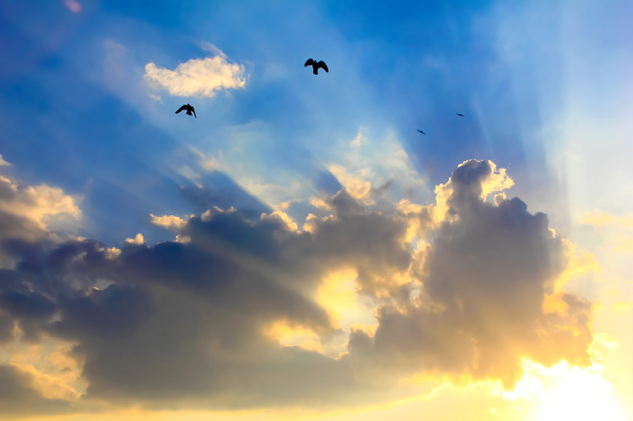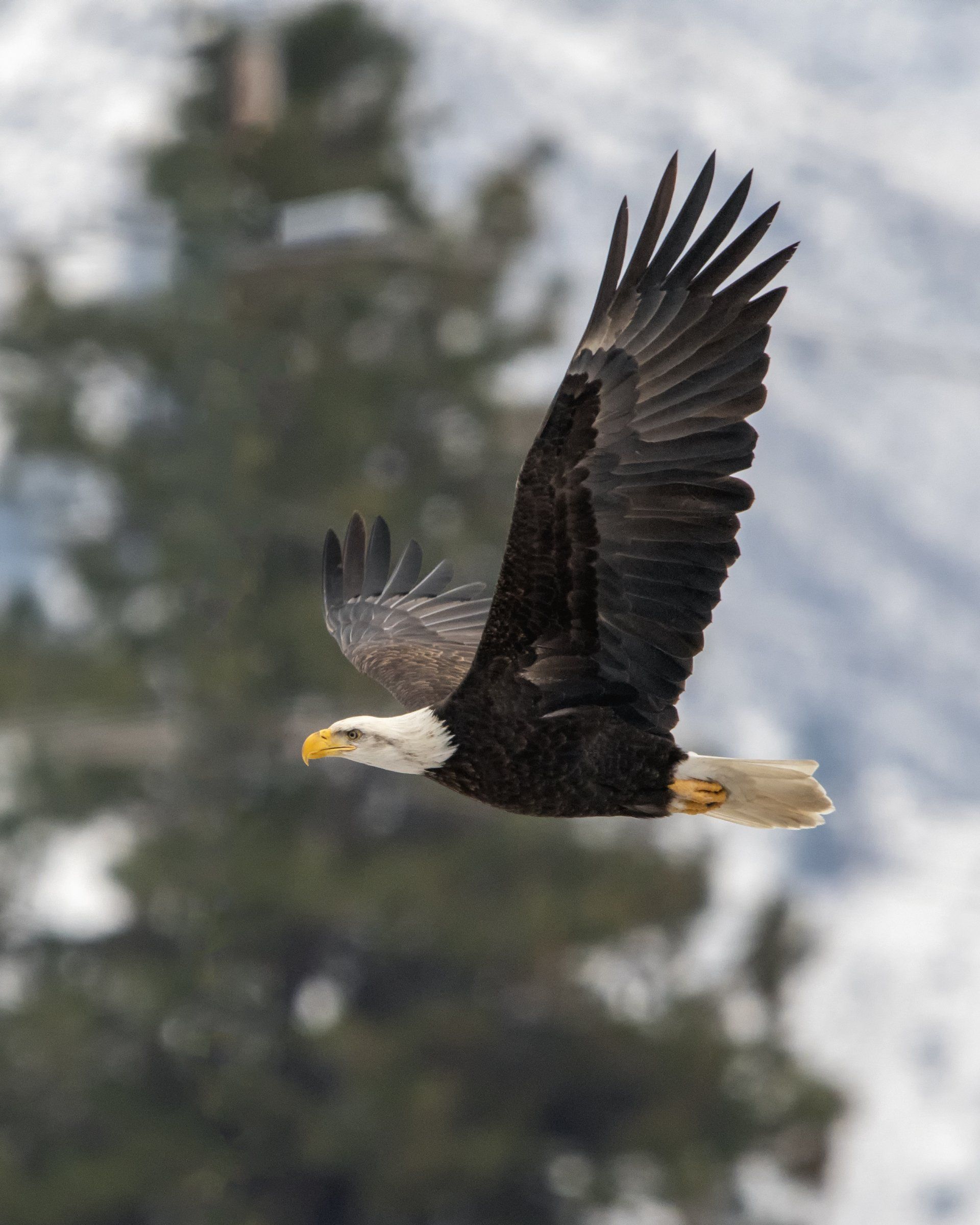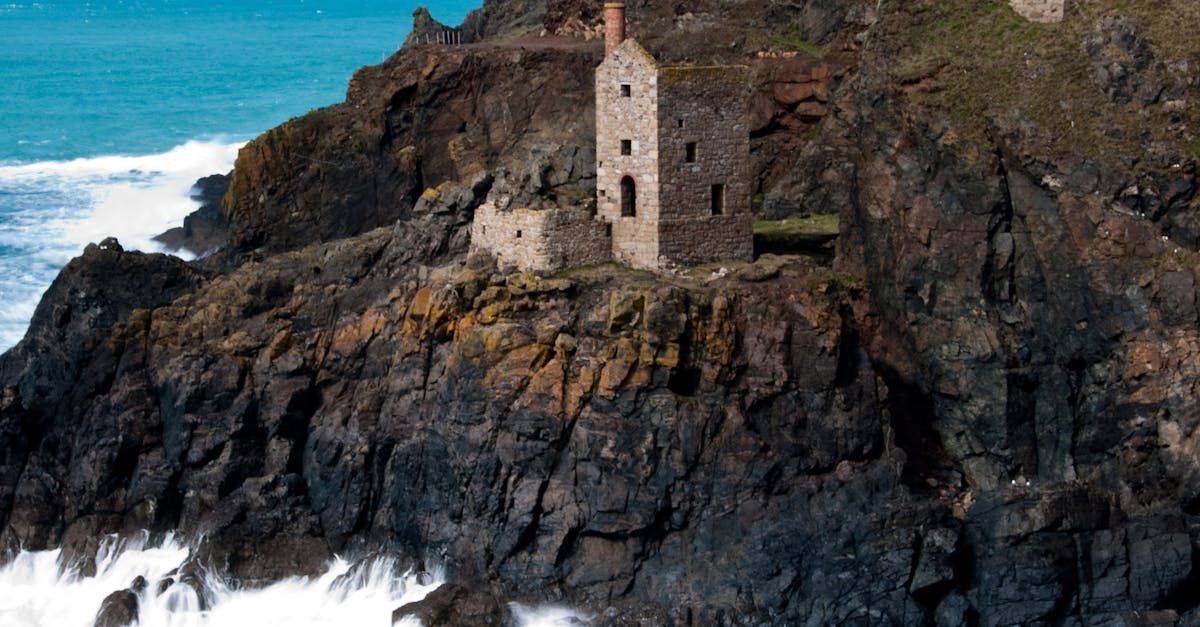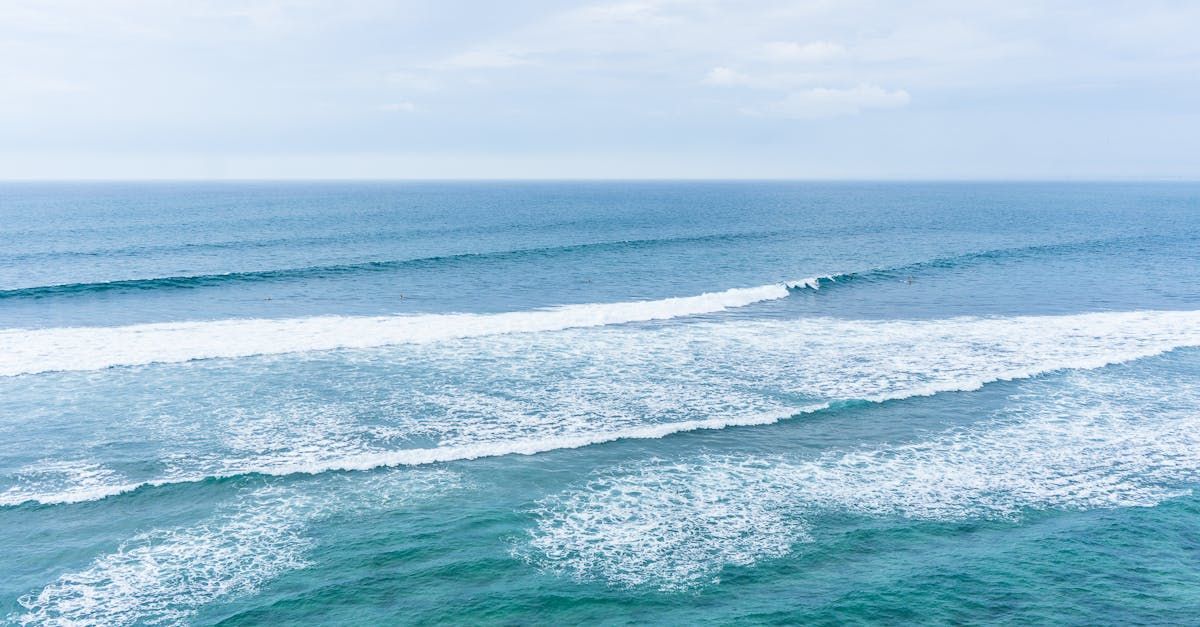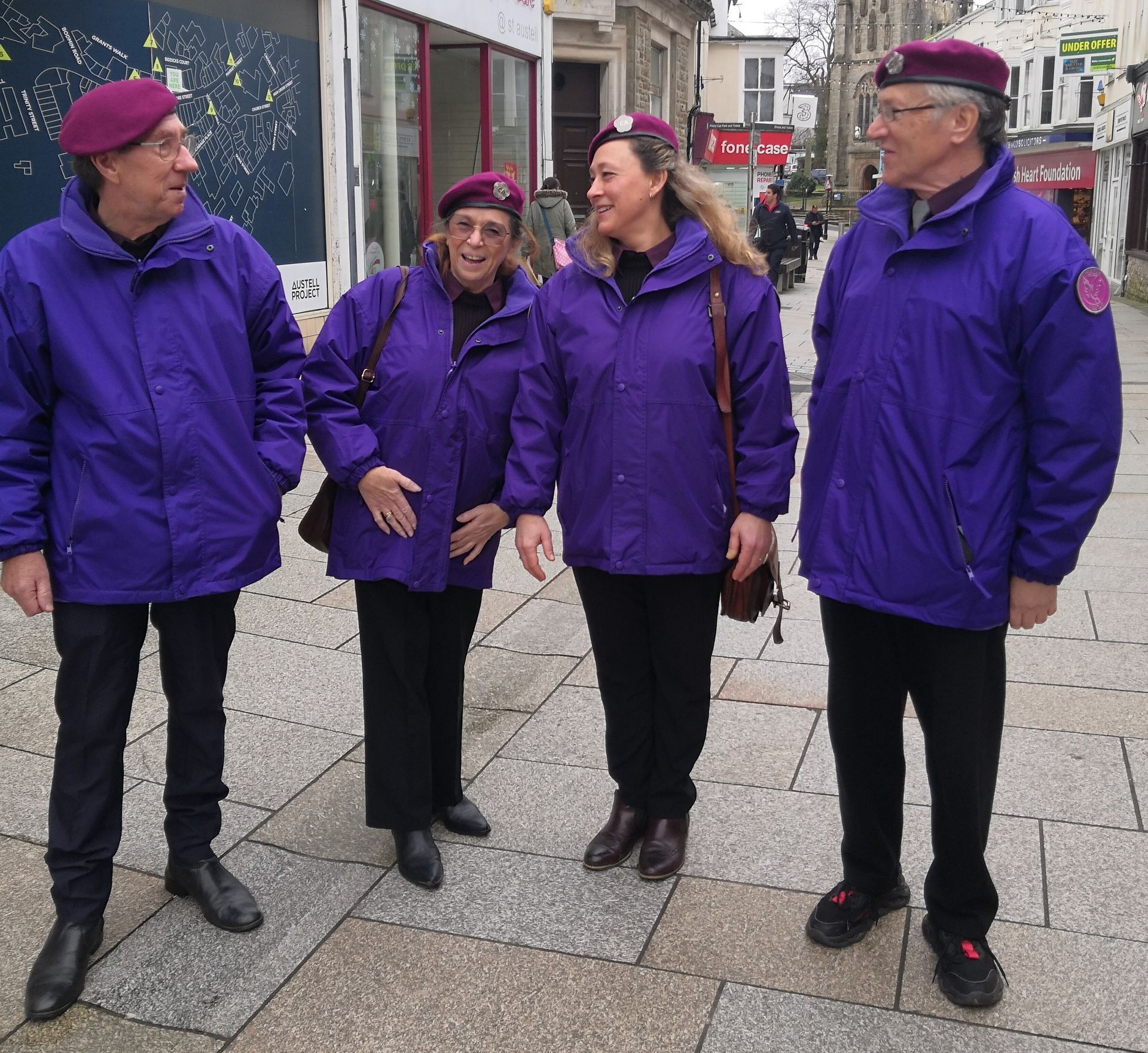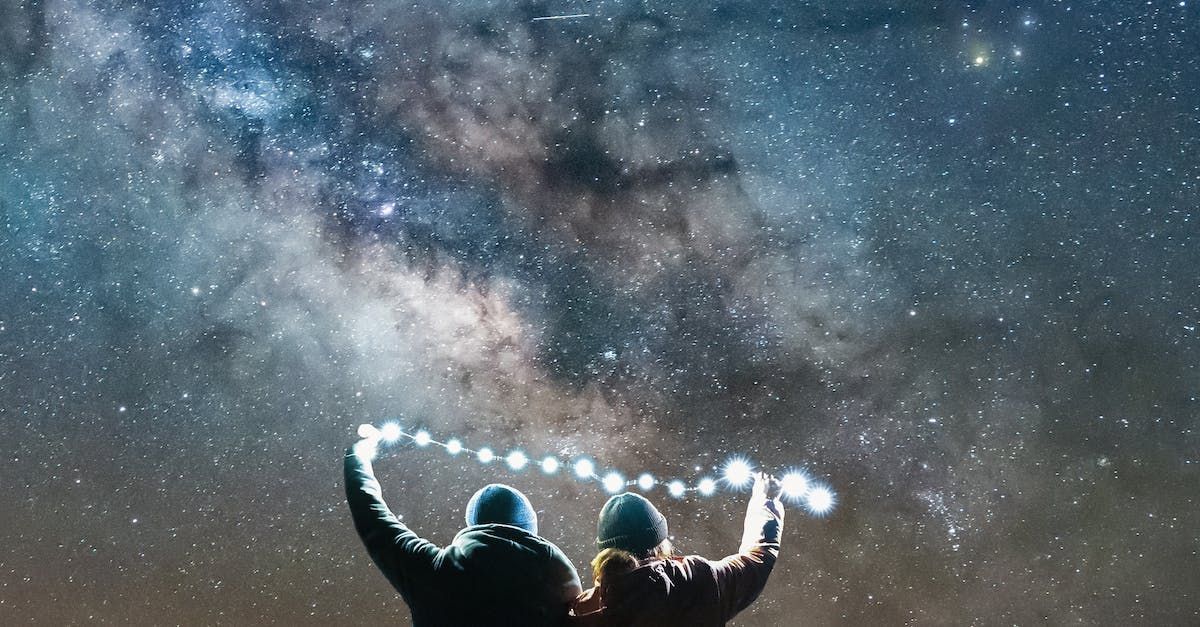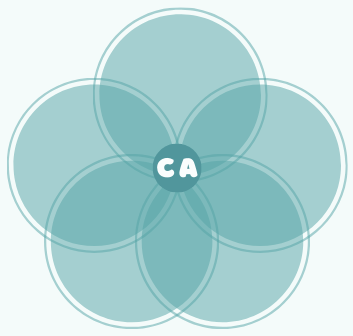It's hard to find books in bookshops that celebrate the innate goodness of human nature and the inherent ingenuity and resourcefulness of human beings. This is why this book is a rare treat and why I am keen to share its extensive findings.
Why this book?
It's true that certain books appear when it's the right time to read them.
I bought Humankind over a year ago, put it on my bookshelf and promised to get back to it - having been enticed by the heartwarming testimonials on the back cover together with the catchline:
'How would your life and view of the world change if you knew people were good?'
It was only when I moved house a few weeks ago that I picked it up again and knew it was being presented to me as one of
those books that I need to read now. I did so with relish as it turned out and I am delighted to share these insights with you here.
What is it about?
Humankind is a well written and researched book by historian and writer, Rutger Bregman, who lives in Holland. Rutger challenges the notion that 'civilisation is no more than skin deep' by exposing the myth that by nature, human beings are selfish, aggressive and quick to panic.
Nothing, in fact, could be farther from the truth, and claiming this as such on the back of spurious research and manipulated experiments, is a tactic known as
Veneer Theory identified by a Dutch biologist, Frans de Waal.
There are examples of Veneer Theory throughout the book demonstrating that claims presenting a wholly negative and unpleasant view of human nature as a basis for government policy and so on are not only untrue but dangerous for humanity as a whole.
The result of this misconception we see all around us today, and as a sweet antidote, Rutger provides many opposing stories and 'hidden' bona fide research proving the opposite of these false claims to be true.
What is the main premise?
Humankind presents a radical idea that most people, deep down, are pretty decent. It poses the question of what kind of planet we would prefer to live on (in the context of what people might do in the event of a plane crash). Would it be: A - where people help those needing assistance out of the plane first, showing a willingness to give their life for perfect strangers, or B - where people panic and fend for themselves, trampling those in need of assistance under foot.
Rutger makes the case that although 97 per cent of people think we live on Planet B, in almost every case, we actually live on Planet A. The sinking of the Titanic provides a good example when the block-buster film is compared to what actually happened in the most terrifying of situations. Far from the dramatised panic, people were in fact quite orderly and considerate, working together and helping those most in need of assistance first.
Block-buster films, books and documentaries that falsify tragic events like these, presenting them as real-life stories, are a clear example of Veneer Theory being used to mislead people about the fundamental and benevolent tenets of human nature.
What are the main points discussed?
Humankind begins with two intriguing stories that demonstrate Veneer Theory in action leaving no question of its validity in terms of the difference between what goes on and what we are told about these things. One of these stories is so wonderful and powerful, I am writing a separate post about it.
This is followed by five sections as follows: where we are now (The State of Nature); the impact of two World Wars (after Auschwitz); how power corrupts (Why Good People Turn Bad); and how we treat each other (The Other Cheek).
The Epilogue presents '10 Rules to Live By' which are helpful in framing a positive state of mind. These simple rules align very much with
our values and encourage us all to be kind to ourselves and each other which is what humanity needs most right now.
These are my favourite rules which I think we could all benefit from during such turbulent times:
- When in doubt, assume the best
- Think in win-win scenarios
- Ask more questions
- Temper your empathy, train your compassion
- Try to understand the other, even if you don't get where they're coming from
- Come out of the closet, don't be ashamed to do good
- Avoid the news (and other mainstream media)
What are the key highlights?
The aim here (and in all our
Book Insights) is to shine a light on
good news and accredited knowledge that has until now been hidden from sight, dismissed or ridiculed by design.
This book contains a great deal of good news for humankind with some examples as follows:
New kids on the block
An all new and improved version of the
Lord of the Flies completely debunks the idea that children left alone to survive and look after themselves on a desert island results in rivalry and carnage. This entirely made-up story was heavily publicised at the time and went viral. The danger lies in these fictional stories being translated into unproven, pseudo 'facts'
about human nature and we can see the long-term effects of this deception all around us today.
By way of comparison, Rutger presents a little known incident of a group of
real boys who were deserted on an island for over a year which led to an altogether different outcome. It is a truly heartwarming story and one that deserves its own post which I will share as another book insight soon.
Men against fire
Our impressions of what happens in wars turns out to be a misconception and puts the business of fighting wars into an entirely different perspective. Numerous accounts come to the conclusion that most soldiers never fired their guns and that fear of aggression appears to be the normal part of our emotional make-up. For example, most soldiers would aim too high to avoid killing their fellow man whatever side they were fighting for with practically all the injuries and fatalities being caused by other means.
Christmas between the lines
I think we are all aware of the remarkable morale shown by war torn victims on both sides of the equation during the war, in particular the London and Dresden bombings. I wasn't aware of a similarly endearing story about the English and the Germans dropping their weapons on the front lines and coming together to celebrate Christmas together, sharing cigarettes and chocolate, showing each other photographs of their loved ones and wondering what they were all doing there and what they were fighting for.
I can't imagine what the conditions must have been like and it's another clear example of what human beings are truly made of.
Managing [people] is bullsh**
This is interesting, especially as we move closer to the time when we need to be managing ourselves and not others or each other. I know from my staff motivation survey facilitation days that when people have all the information they need to make informed decisions, the training they need to learn what they need to know, the resources they need to carry out their work to a high standard with support available if required, they do not need to be managed. Indeed, being micro-managed is recognised as being highly demotivating, having a negative impact on job satisfaction.
A good example of this is provided with the story of Jos de Blok who built a highly successful healthcare organisation by simply 'letting people do their job.'
This completely throws the capitalist/communism idea of having to use a
carrot and stick approach out of the window. It also knocks
Frederick Taylor's idea on the head that workers need enforced supervision from management and that 'what they want most from their employers, beyond anything else, is high wages.'
Where most corporate employers seem to be cut off from the real world in this regard, Jos sees his employees as 'intrinsically motivated professionals and experts who have no need for managers.'
It is true that the greater the autonomy for everyone involved, the greater the win-win-win situation for employer, employee and the organisation as a whole.
Made to believe (make-believe)
This is the exposure and significance of famous experiments which were designed and manipulated (sometimes to horrific degrees) to bring out the worst in people. These include 'The Prison Experiment'
in Stanford University's basement and the Stanley Milgram 'Shock Experiments.'
Other such machinations demonstrate how our attitude towards ourselves and other human beings has been corrupted by this kind of spurious science which has so disasterously influenced our society and is still so prevelent in our world today.
Many examples of the counter arguments are given throughout the book which has no less than 54 pages of
'notes' or references. This gives us all the evidence we need to understand and celebrate the intrinsic goodness of human nature and the fact that human beings are essentially good people at heart.
What are the key takeaways?
Apart from the
'10 Rules to Live by' above, I would add the following insights that might be helpful in the situation we find ourselves in today, especially in the actions we are taking to live our own lives as free sovereigns from
a community perspective.
- Human beings depend on and are motivated by our immediate and wider living environments, impacted by the quality of the air we breathe, the water we drink, the food we eat and other essential resources we need to live a healthy, happy and fulfilling life - in harmony with ourselves, each other and the natural world we so depend on.
- Human DNA is programmed to be flexible so that it can adapt to the environment we find ourselves in as babies in the womb and newborns through puberty and adulthood. The good news is that whatever we have suffered in the past can be fully and completely healed when we are exposed to a nurturing and supportive environment (or culture) at anytime in our lives.
- Human beings are particularly resourceful, compassionate and helpful towards each other during a crisis, quickly coming together to contribute skills, knowledge and information to help everyone come through the ordeal together.
- If a so-called
based on true life story becomes a block-buster or goes viral it could be a clear sign that it may not be the truth but rather skewed to present the most unfavourable impression of human nature using Veneer Theory. This aligns very well with the last of my favourite
'10 Rules to Live By'
which is to 'avoid the news (and mainstream media)' as much as possible.
- Human beings are sociable animals which is something very well understood by our Indigenous friends and hunter-gather societies back in the days when, to be elected as leader for the tribe, you had to be:
Generous
Brave
Wise
Charismatic
Fair
Impartial
Reliable
Tactful
Strong
Humble
Sounds a lot like our champion
Founding Facilitators who are working so hard to bring people together in their communities so that we too can demonstrate the beauty of humankind and how well we can learn to live, work and play together and take back control of our lives - without having to be managed by anyone - thank you very much.
Sue Cartwright AInstAM
Community Assembly of the British Isles
Editor

